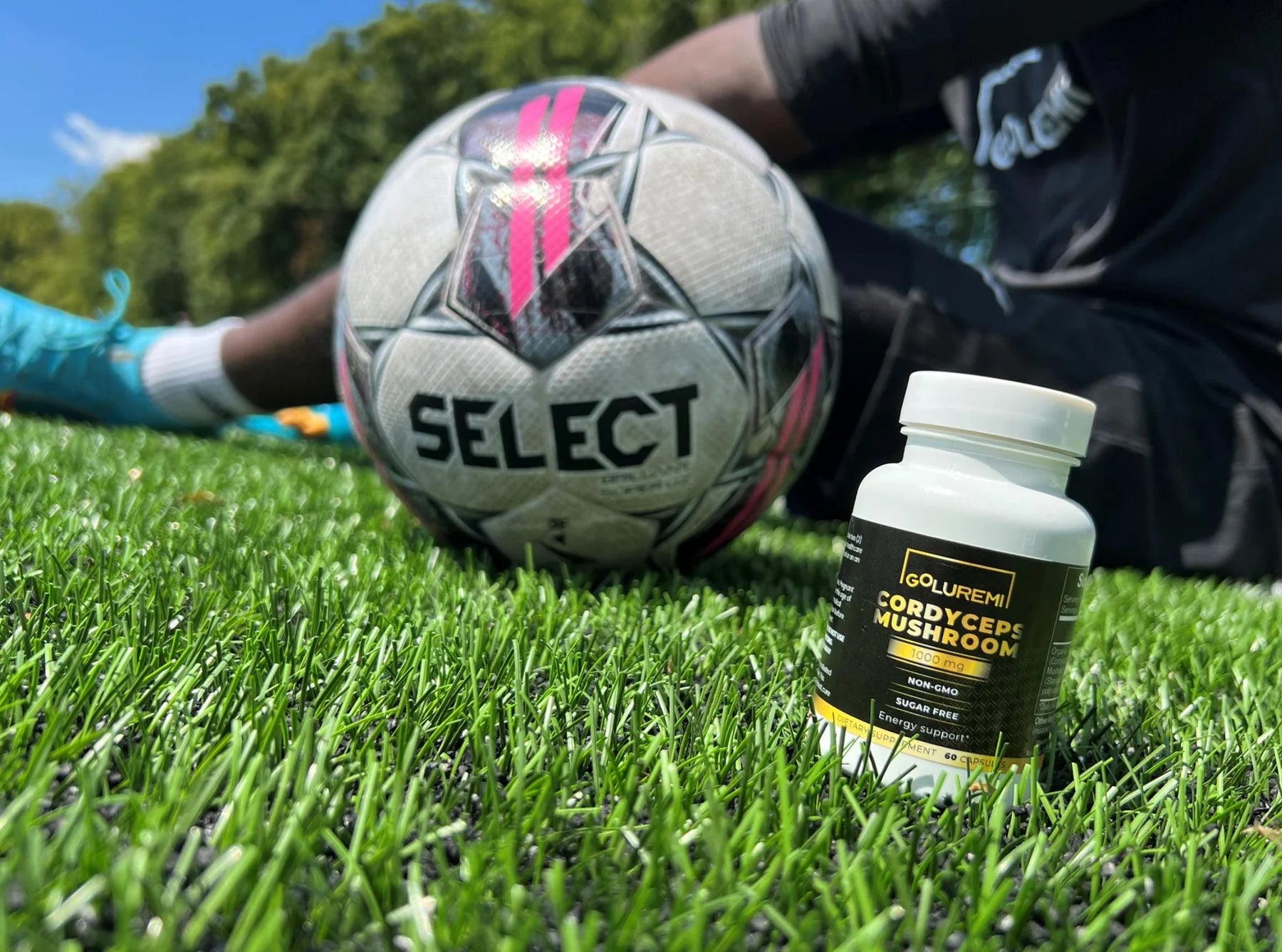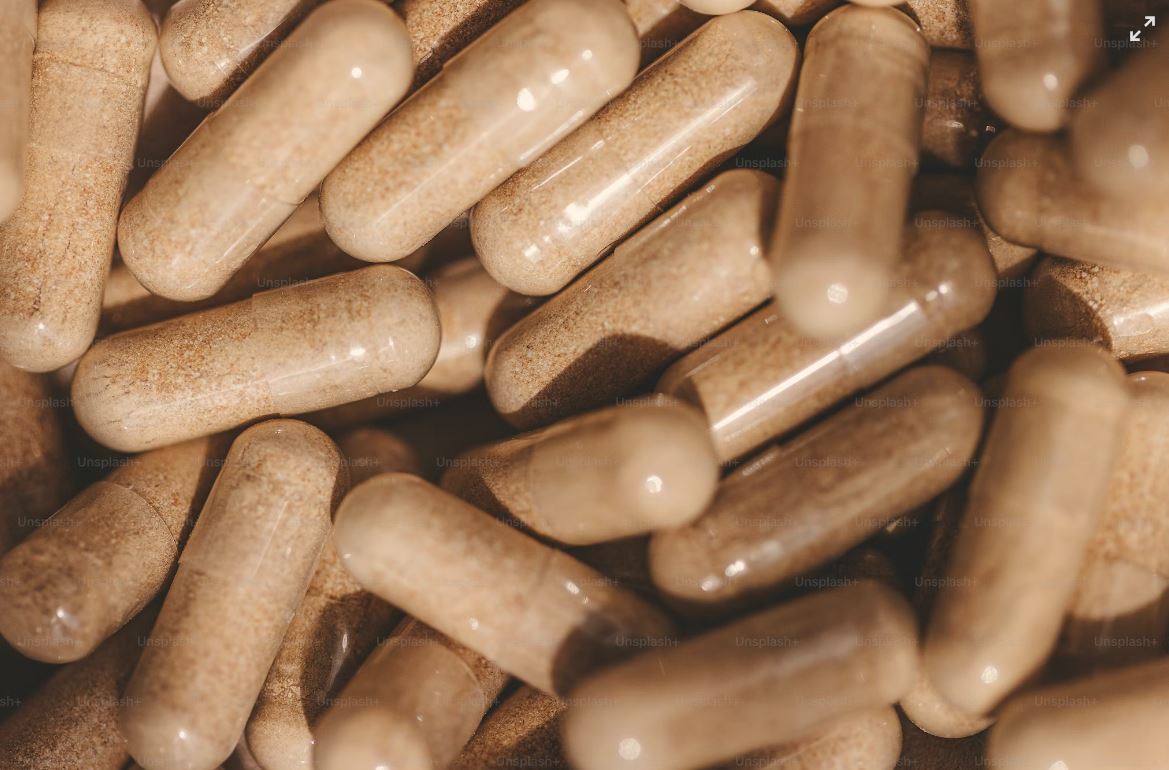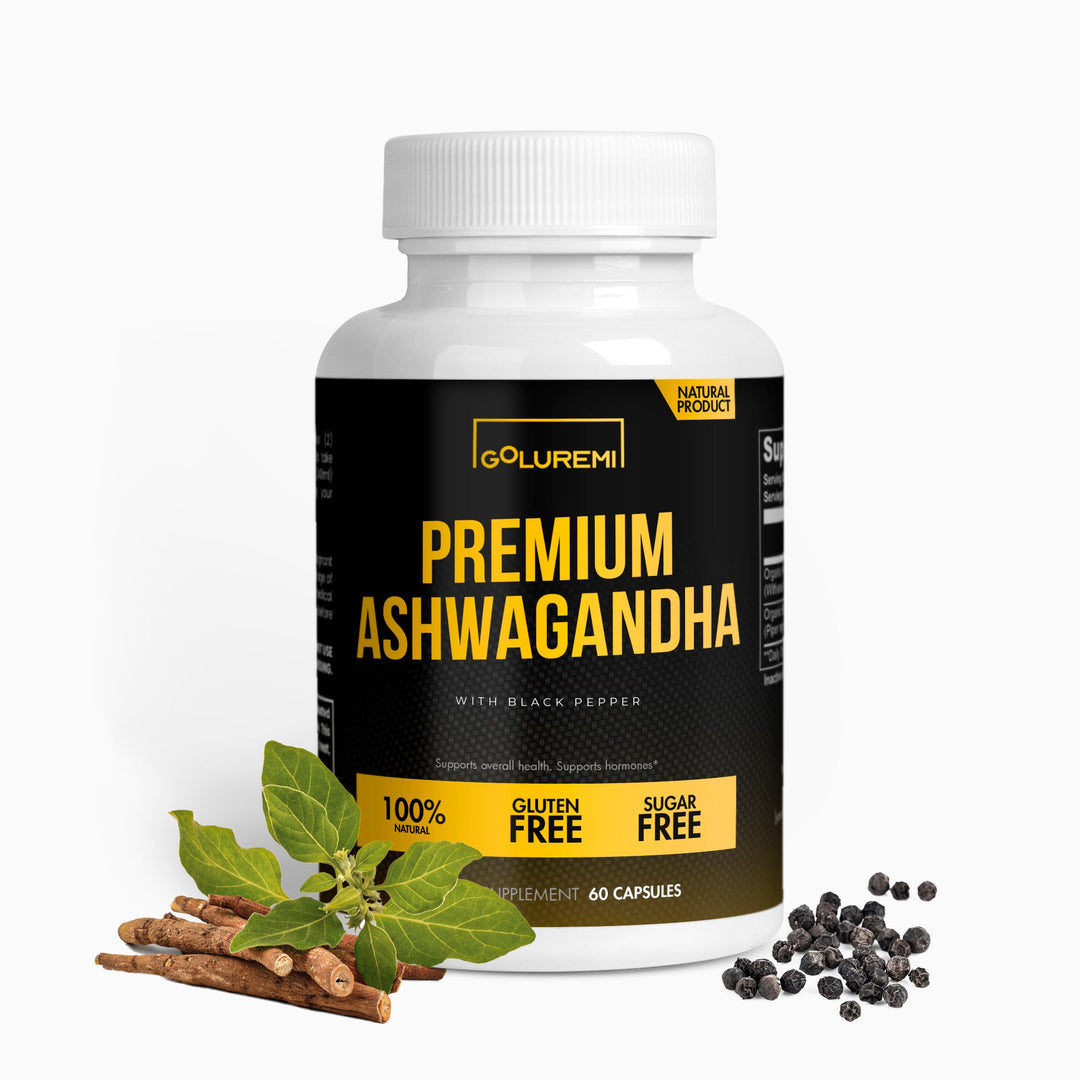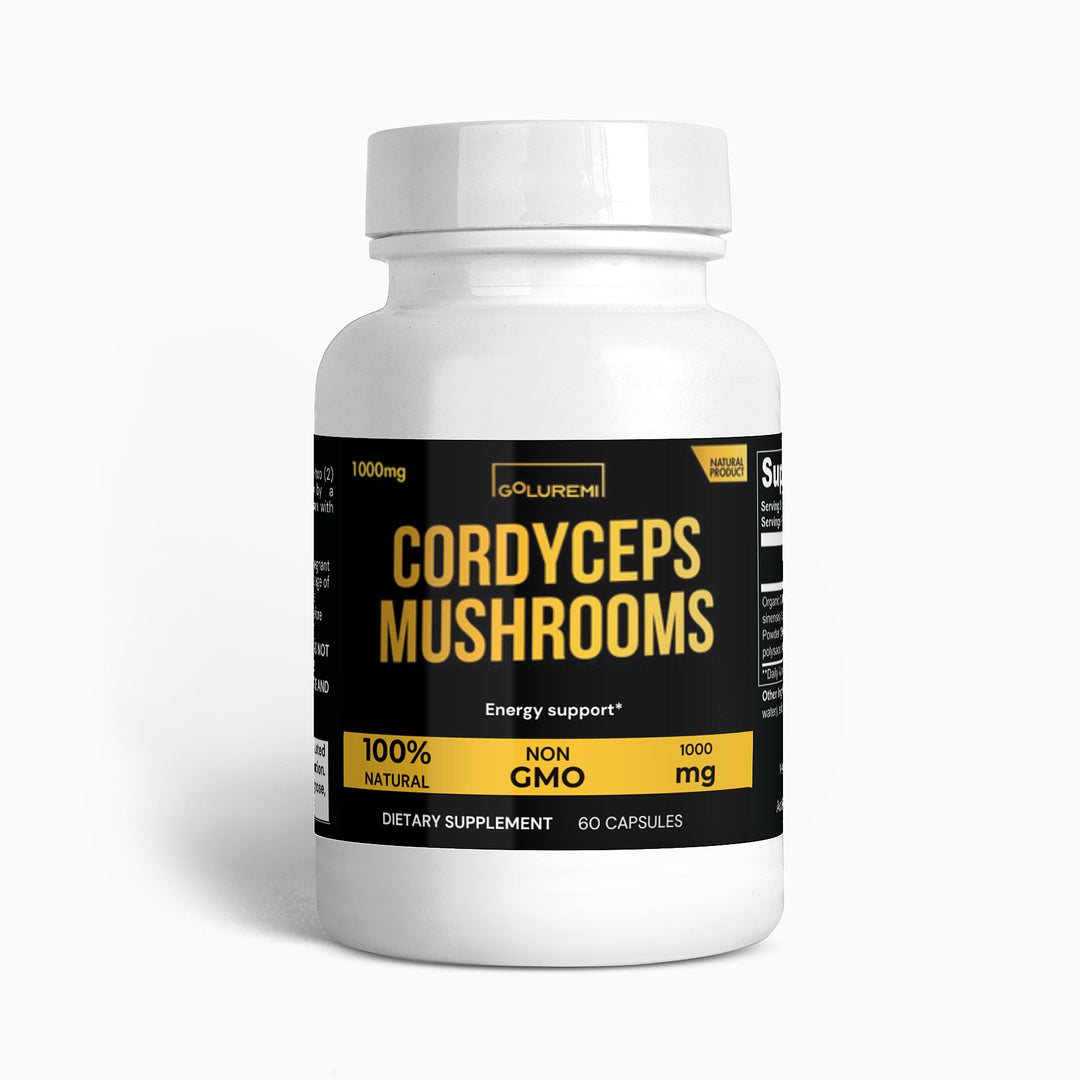The Role of Nutrition in Football: Pre-game Meals and Recovery Fuel


Fueling Victory on the Field: Football Nutrition Tips for Success
When it comes to excelling in football, skill, strategy, and teamwork are crucial. However, the often underestimated aspect of a player's success is their nutrition. In this article, we will explore the vital role of nutrition in football, focusing on pre-game meals and recovery fuel. We'll also delve into football nutrition tips, a well-structured diet plan, and the key foods to eat and avoid, along with the importance of carbohydrates, protein, hydration, and even supplements in a footballer's diet.
Pre-game Fuel: The Foundation for Football Success
Preparing Your Body for Battle
Football is a high-intensity sport that demands peak physical performance. To conquer the field, players must ensure their bodies are primed with the right pre-game fuel.
Carbohydrates: The Energy Source
Before you hit the pitch, prioritize carbohydrates. Carbs are your body's preferred source of energy, providing the stamina needed to sprint, tackle, and shoot. As the legendary Cristiano Ronaldo once said, "Your body is your most priceless possession; you've got to take care of it." Fuel your body with complex carbohydrates like whole grains, pasta, and oats. Aim for a pre-game meal rich in carbohydrates to maximize your performance.
Protein: Building Blocks for Strength
Football requires strength, and protein is essential for muscle growth and recovery. Opt for lean sources of protein, such as chicken, turkey, or tofu, in your pre-game meal. A football diet plan that balances carbohydrates and protein can enhance your agility and endurance. In the words of Lionel Messi, "You have to fight to reach your dream. You have to sacrifice and work hard for it."
Football Nutrition Tips: Eating for Victory
The 5 Winning Rules
-
Balanced Nutrition: Maintain a well-rounded diet with a mix of carbohydrates, protein, healthy fats, and vitamins. Remember, balance is the key to success, as Ronaldinho reminds us: "Football is the joy of my life. It's given me so many opportunities, and if I could give something back, it would be a smile."
-
Stay Hydrated: Proper hydration is vital for peak performance. Dehydration can lead to cramps and reduced energy levels. Drink water consistently throughout the day, and consider sports drinks during the game to replace lost electrolytes.
-
Timing Matters: Plan your meals wisely. Your pre-game meal should be consumed 3-4 hours before kick-off to ensure proper digestion. After the game, consume a recovery meal within 30 minutes to replenish your body.
-
Smart Snacking: In between meals, opt for healthy snacks like fruits, nuts, or yogurt. Avoid sugary and processed snacks that can lead to energy crashes.
-
Portion Control: Don't overeat before a game. Large meals can make you feel sluggish on the field. Stick to moderate portions for your pre-game and post-game meals.
Football Foods to Eat: The Winning Lineup
Top Choices for Performance
- Bananas: A great source of potassium and natural sugars, they provide a quick energy boost.
- Chicken or Turkey: Lean proteins to promote muscle strength and repair.
- Quinoa: A complete protein source with fiber for sustained energy.
- Sweet Potatoes: High in complex carbohydrates for long-lasting fuel.
- Broccoli: Packed with vitamins and minerals for overall health.
Football Foods to Avoid: The Penalty List
Steer Clear of These Offenders
- Fast Food: High in trans fats and sugars, these can lead to sluggishness.
- Soda and Sugary Drinks: Empty calories that can cause energy crashes.
- Processed Snacks: Loaded with artificial ingredients that offer no nutritional value.
- Excessive Caffeine: While a moderate amount can provide a boost, too much caffeine can lead to jitters and crashes.
- Fried Foods: Heavy, greasy foods can make you feel lethargic and slow.
Carbohydrates: The Engine of Football Performance
The Fuel that Keeps You Going
Carbohydrates are the engine that powers a football player's performance. They are stored in your muscles and liver as glycogen, and when you run, tackle, and shoot, your body relies on this stored energy. During intense exercise, your body taps into these glycogen stores, making it crucial to consume enough carbohydrates.
Cristiano Ronaldo, one of the greatest footballers of all time, emphasizes the importance of carbohydrates: "I still love playing football, and I still love the affection I get from the fans. There's nothing better than scoring a goal in front of your own fans." To achieve such moments, your body must have an adequate supply of carbohydrates to support your game-winning goals.
Protein: The Builder of Champions
Strength, Recovery, and Performance
Protein is not just for bodybuilders; it's a critical component of a footballer's diet. It supports muscle growth, repair, and overall strength. When you engage in high-intensity physical activity, your muscles experience micro-tears, which protein helps repair and build back stronger.
Lionel Messi, often regarded as one of the most skilled footballers ever, understands the significance of protein: "I start early, and I stay late, day after day, year after year. It took me 17 years and 114 days to become an overnight success." To reach that level of success and endurance, a protein-rich diet is essential.
Hydration: The Secret Weapon
Performing at Your Best
While carbohydrates and protein are important, water is the unsung hero of football nutrition. Hydration is crucial for maintaining your energy levels and preventing cramps. Even mild dehydration can impair your cognitive function and reaction time on the field.
Ronaldinho, famous for his mesmerizing skills, knows the importance of staying hydrated: "I learned all about life with a ball at my feet." Just as he learned life's lessons through football, players must learn that hydration is non-negotiable for peak performance.
Football Supplements: A Tactical Advantage
Optimizing Your Performance
Supplements can play a role in enhancing a footballer's performance, but they should be used strategically and under the guidance of a sports nutritionist. Some common supplements for footballers include:
- Creatine: Shown to improve strength and explosive performance.
- Branched-Chain Amino Acids (BCAAs): Can reduce muscle soreness and improve recovery.
- Vitamin D: Supports bone health and immunity.
- Fish Oil: Provides essential omega-3 fatty acids for overall well-being.
- Caffeine: In moderation, it can enhance focus and energy.
As Cristiano Ronaldo wisely puts it,
"Talent without working hard is nothing."
While supplements can help, they should complement a disciplined training regimen and a well-balanced diet.
In conclusion, nutrition is a game-changer in football. Just as tactical strategies and skills are honed on the field, what you eat off the field can significantly impact your performance. Remember, as Lionel Messi, Ronaldo, and Ronaldinho have shown, success in football comes from dedication, hard work, and smart nutrition. So, fuel your body with the right pre-game meals, adopt










